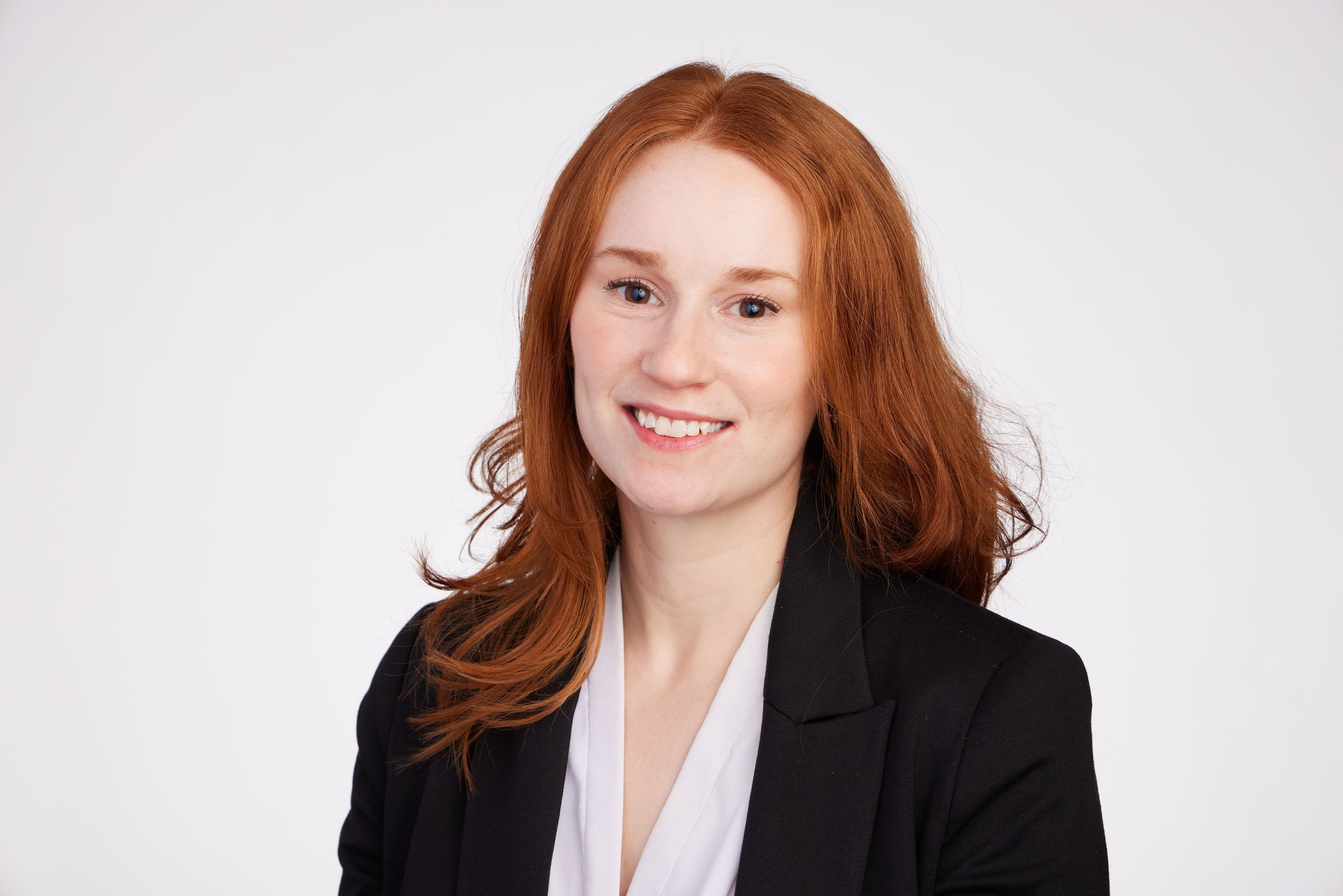Laura Barnes, MD
Laura was born in the UK and moved to Minnesota to complete high school and went to Johns Hopkins for her undergraduate studies, where she wrote her French thesis on TB in 19th Century French Literature. She then returned to the cold at the University of Minnesota for Medical School, and followed the sun to Residency at UC San Diego where she stayed for a year as an Hospitalist and then for Pulmonary Critical Care Fellowship.
Laura’s research is focused on the interplay between obstructive sleep apnea and lung injury, particularly viral lung injury. Under the mentorship of Drs. Omar Mesarwi, Laura Crotty Alexander and Atul Malhotra, she is currently examining the effect of intermittent hypoxia modeling OSA on a mouse model of COVID-19. Her aim is to better understand the interplay between intermittent hypoxia and progression of lung injury, in the hope of identifying potential therapeutic targets.
Solmaz Ehteshami-Afshar, MD, MSc
Solmaz was born and raised in Tehran, Iran, where she attended Shahid Beheshti Medical University. She then earned an MSc in Experimental Medicine from the University of British Columbia (UBC) in Vancouver, Canada, focusing her research on health economics. Following this, she completed her residency in Internal Medicine at Yale University. Currently, she is a fellow in Pulmonary and Critical Care Medicine at Stanford, while concurrently pursuing an ACGME-sponsored AIRE-Sleep Medicine fellowship.
Solmaz’s research interests initially focused on obstructive airway diseases, but her passion for the intersection of Pulmonary and Sleep medicine led her to switch gears. Her current research focuses on the use of noninvasive mechanical ventilation (NIV) in neuromuscular diseases, with a specific interest in improving NIV compliance in Amyotrophic Lateral Sclerosis (ALS) patients. Her long-term research goals include identifying the optimal time to start NIV in ALS patients to improve their outcomes.
Erin Eschbach, MD
Erin earned her Bachelor of Science at City University of New York's integrated B.S./M.D. Sophie Davis Program, prior to completing her clinical medicine rotations at NYU School of Medicine. She completed her Internal Medicine residency at The Icahn School of Medicine at Mount Sinai in New York City. She is currently a Pulmonary and Critical Care fellow at the same institution and beginning her tenure as Chief Fellow.
Erin's research interests include disorders of ventilatory control. She is studying the development and validation of a machine-learning tool to distinguish central from obstructive sleep apneas. Her goal is to use this method to more accurately predict adverse outcomes associated with central sleep apnea. She is also studying the dysfunctional breathing patterns seen in those with Post Acute Sequelae of Sars-Cov-2.
Po-Yang Tsou, MD, MPH
Po-Yang holds an MD from National Yang-Ming University and an MPH from Johns Hopkins. He completed his residency in Pediatrics at Driscoll Children’s Hospital/Texas A&M College of Medicine and is currently a pediatric pulmonary fellow at Boston Children’s Hospital at Harvard Medical School.
His previous research interests focus on the impact of sleep-disordered breathing among hospitalized children. Currently, he is working to characterize the endotypes of pediatric OSA using non-invasive engineering methods based on clinical PSG data and is investigating whether certain endotypes modify the response to adenotonsillectomy, the gold standard for pediatric OSA, using the CHAT cohort.
In the short-term, Po-Yang aims to validate the engineering methodology in the pediatric population using the gold standard (CPAP titration and manipulation). In the long-term, he plans to incorporate omics data using network analyses to better characterize pediatric OSA.
Alexander Yoo, MD
Alex earned a Bachelor of Arts in Philosophy at Duke University in 2008 and subsequently obtained his medical degree at the University of Virginia. He completed his residency in Neurology at the University of California San Francisco in 2018 and stayed on as faculty for several years practicing Headache Medicine. He thereafter did post-graduate research work at the University of Rochester studying the association between sleep health and migraine and then went on to train in Sleep Medicine at the University of Pennsylvania.
He is interested in leveraging machine and deep learning on biomedical data to develop clinically useful tools in sleep and circadian medicine. His current research focus is on exploring various machine learning methods to predict circadian phase and chronic sleep deprivation in individuals from gene expression data.




